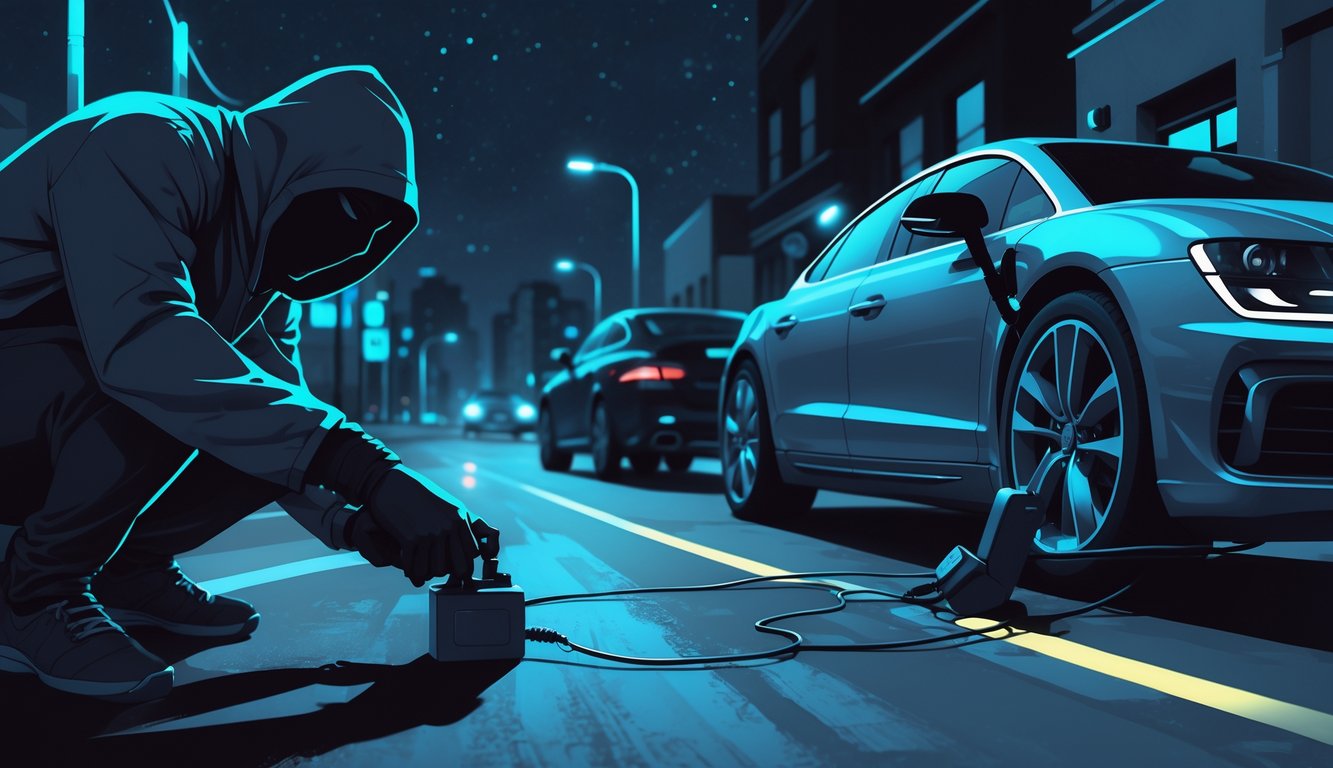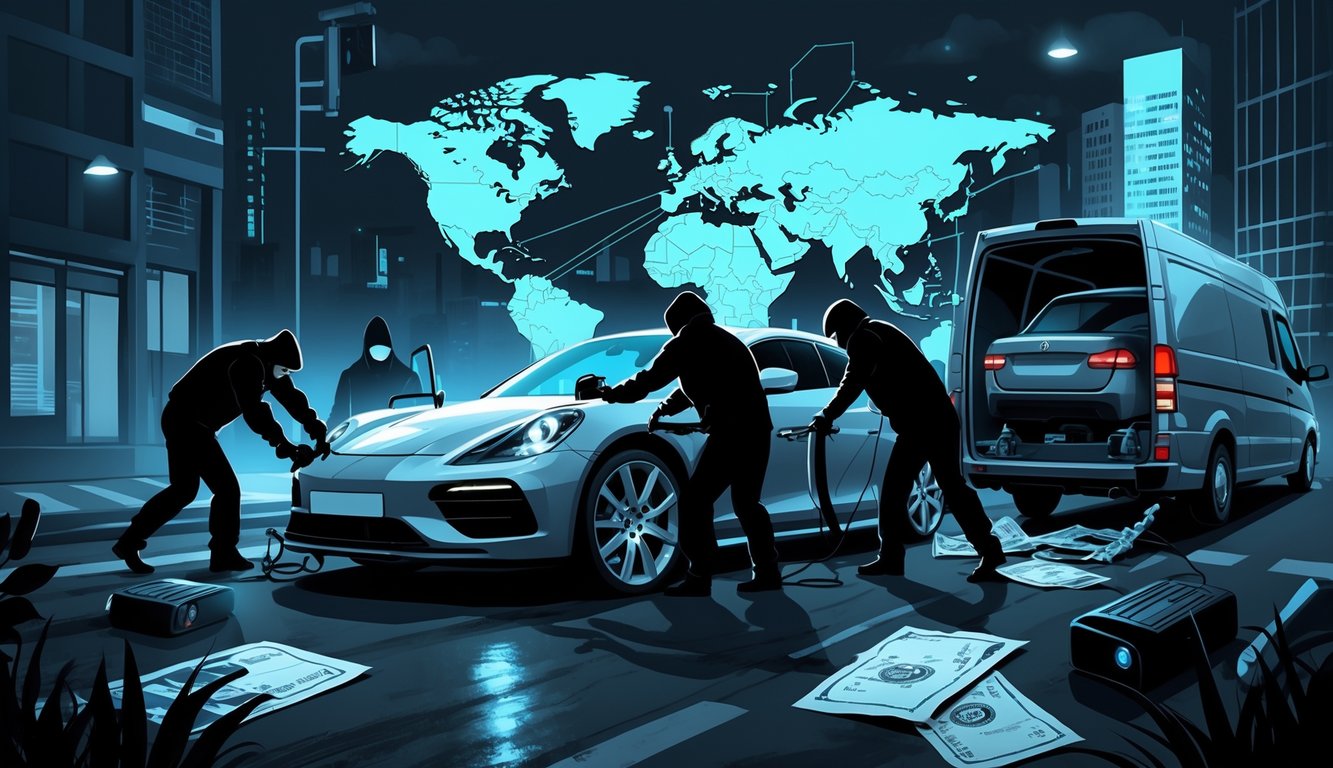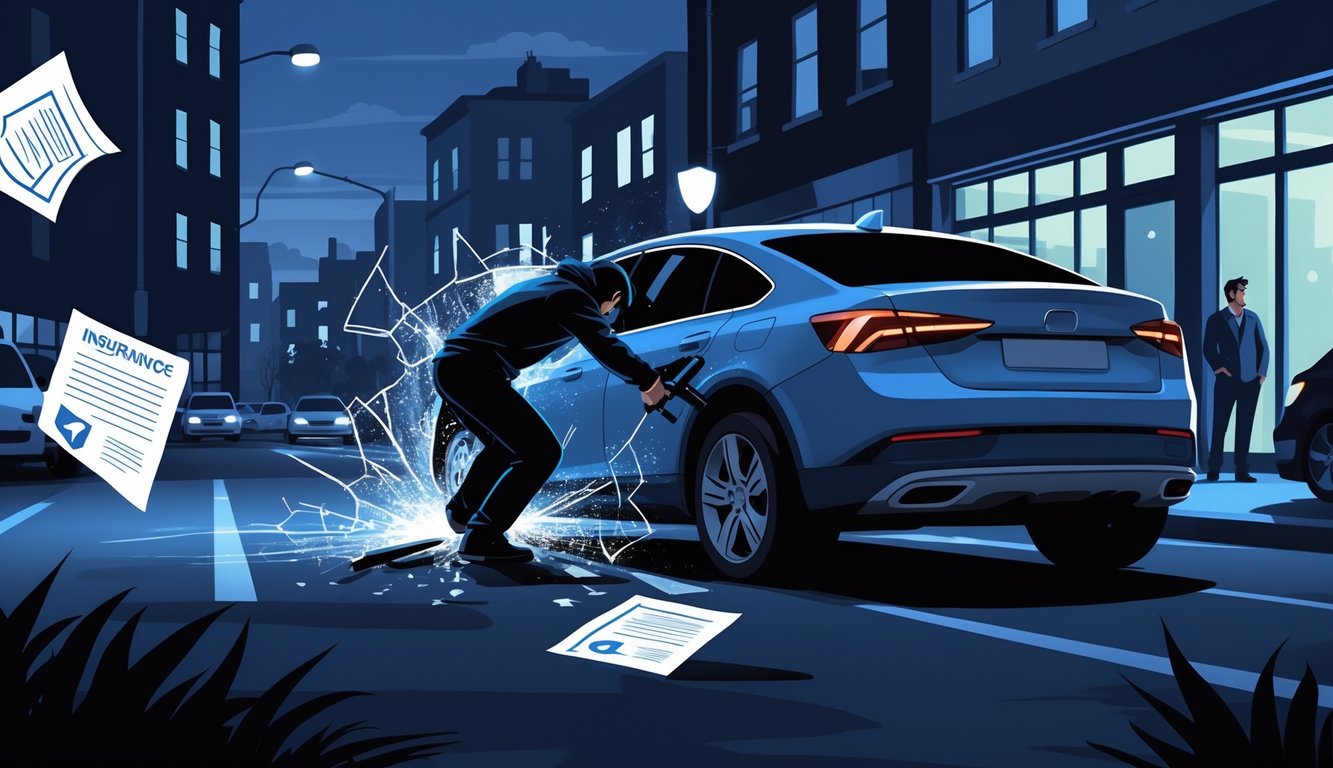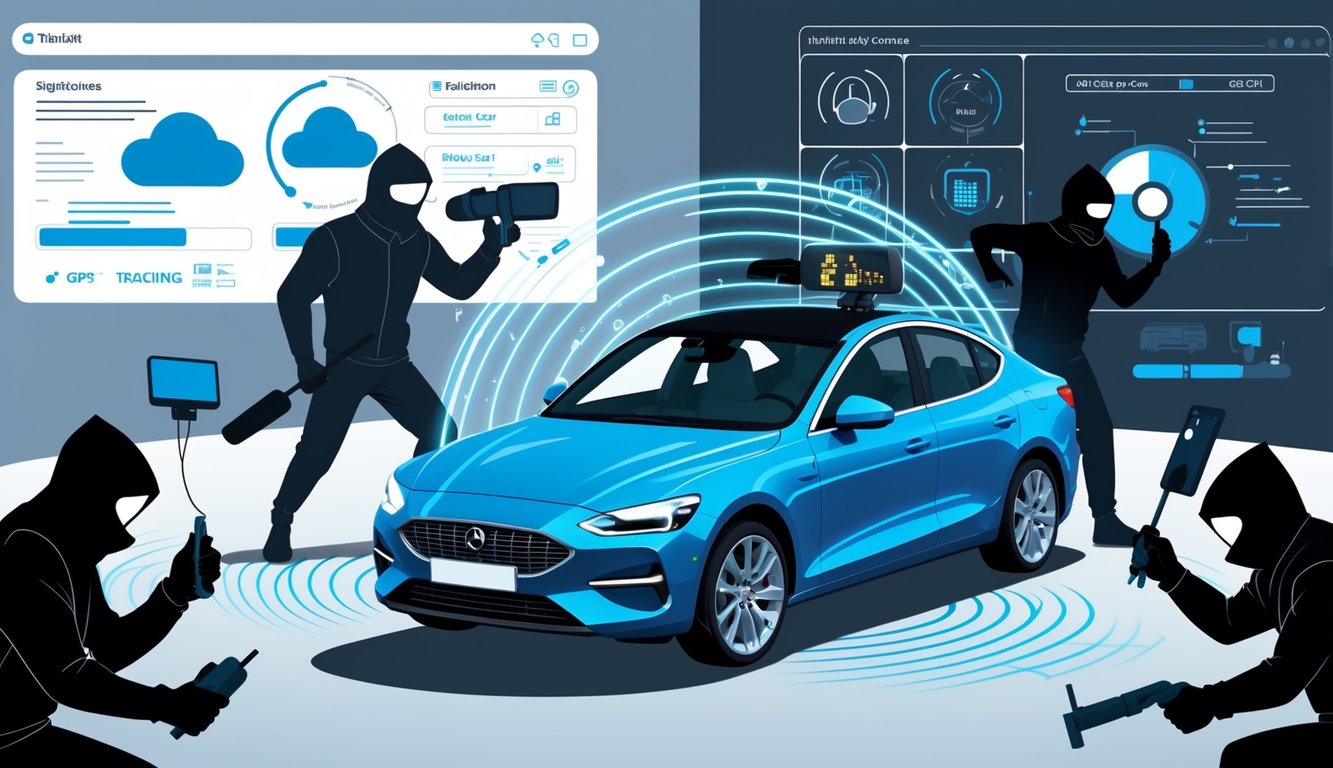
Organized Crime and International Vehicle Theft

What keeps me up lately? The sheer scale of this international car theft machine. Loopholes everywhere, borders that barely exist, and suddenly everyone wants a high-end SUV. And the tech—don’t even get me started. My friends brag about their GPS, swear their car’s untouchable, but then Interpol drops another report showing thefts are up again.
Exporting Stolen Vehicles
Shipping containers stuffed with SUVs and sedans just breeze through ports like Newark, Long Beach, Montreal. Paperwork’s always “clean,” because apparently you can buy real VIN plates online (learned that from a cop at an insurance seminar—wild). These cars disappear here and show up in Lagos or Dubai weeks later.
Interpol’s 2024 bulletin said over 500,000 cars got reported stolen or cloned for export, and the FBI’s task force? They say under 20% ever come back. Chatted with a customs guy—he says thieves target cars with high resale and infotainment systems that are a pain to track. Basically, if your car has a fancy digital key but an old-school metal VIN, it’s a target. Not glamorous, just efficient. Some crews even track auction sites before stealing—so, post your car for sale, and suddenly it’s gone? Creepy.
Links to Other Criminal Activities
It’s honestly nuts how fast a stolen car, especially a hybrid or luxury SUV, ends up in all sorts of criminal messes overseas. It’s not just about parts or resale anymore. Europol’s 2023 report basically outed vehicle theft rings as the same people running human trafficking and drug routes—same vans, fake registrations. A customs inspector told me they once found a stash of prepaid SIM cards under the floor of a BMW X5.
So yeah, if you’ve got an expensive hybrid, there’s a good chance it’ll be used for something way sketchier than you think. Law enforcement hates it because VIN laundering and fake digital registrations just bounce blame from country to country. Lately, thieves are using mobile payment loopholes—QR codes taped under seats, seriously—to disappear down payments instantly. Will anyone fix that? I doubt it. Every time they patch one hole, thieves just find another.
Why Standard Insurance Fails to Protect You

I swear, every month someone I know gets their claim denied—deductibles keep growing, exclusions multiply, and if you actually need help, good luck. You pay premiums, rates go up, then when your car window gets smashed or your key fob cloned, the payout barely covers a week of Ubers. Forget about a replacement.
Common Policy Exclusions
When I first bought “comprehensive coverage,” I figured that meant, well, comprehensive. Turns out “wear and tear,” “mechanical breakdown,” and “theft by someone you know” are just quietly ignored—fine print everywhere. Tried to ask my agent about personal stuff stolen from my car—he just shrugged. Laptop or AirPods gone? Not their problem. Oh, and if you maybe left the door unlocked (who remembers?), that’s another reason to deny the claim.
Insurance brokers love to talk up their coverage, but a 2024 Trusted Choice survey said 46% of people only learned about exclusions after filing a claim. I had a claims adjuster once tell me, “Professional thieves with hacking gear outsmart locks faster than you can say ‘aftermarket alarm’—but if you didn’t declare your mods, sorry, you’re out of luck.” My cousin’s keyless entry got hacked in 30 seconds, and Geico just handed her a list of exclusions. Useless.
Gaps in Theft Coverage
After my own incident, I realized nobody warns you about all the “gaps”—especially with new anti-theft tech and relay attacks. You can pay for every endorsement and fancy OnStar upgrade, but insurers just stick to old definitions. I learned the hard way: relay theft isn’t “forcible entry.” No broken glass? They just send you endless “uh, not covered” emails.
Medical bills from theft injuries? Usually on you. Out-of-state or international theft? Never met anyone who got reimbursed smoothly, even with a perfect police report. Once, a claims rep told me, “Premiums go up based on zip code, but we don’t factor in new theft tactics like jammers.” Makes no sense. They raise rates after you get hit, but don’t close any of the real gaps. No help for rental cars, rideshares, security upgrades, or just being carless for weeks.
GPS Tracking and Recovery: Pros and Cons

Car goes missing, everyone panics, and suddenly GPS tracking sounds like magic. People buy $40 trackers at Best Buy, stick AirTags everywhere, and then the insurance adjuster just shrugs. Even the pro-level stuff? Sometimes it’s just a game—insurance doesn’t care.
How GPS Tracking Helps Recover Stolen Cars
I know a tow guy—half his calls now are pulling “stolen” cars out of random parking lots after someone pings a LoJack or OnStar tracker. The ones with actual law enforcement connections, not just “crowdsourced” apps. Still, NICB says recovery rates in big cities are under 40%—pros move fast.
A solid GPS unit (not the cheap OBD plug-in) can mean the difference between getting your car back quick or never. But insurance treats it like “owner help,” not actual coverage. If your car’s trashed or electronics are fried, you’re paying. They won’t even cover your tracker subscription—Liberty Mutual’s FAQ just dodges the question.
Police move faster if you drop a real-time pin, but if you show up with a phone and say, “I think it’s here,” they’ll probably just roll their eyes. GPS helps—if it’s pro-grade and thieves don’t rip it out first.
Limitations and Evasion Tactics Used by Thieves
Think car thieves haven’t adapted? Go look up “relay attack kits” or signal jammers on Amazon—they’re everywhere now. Saw a Tesla gutted in 18 minutes—cameras caught it all. GPS went dead as soon as they tossed a Faraday pouch on the dash. An ex-insurance investigator told me most trackers last less than five minutes after a theft.
Retrofit GPS units? Even the “hidden” ones get ripped out or dumped way more than anyone admits. If your neighbor’s car gets found but the dash cam’s missing, are you expecting a miracle? I’m not. Plus, not every anti-theft device works with every car—older models sometimes freak out and void your warranty if you add a tracker. Didn’t see that in the fine print? Me neither.
And don’t expect insurance to cover anything that “disappeared” after thieves disabled your system—usually happens before you even notice. Ask your provider about coverage for tampering or component theft tied to GPS tracking and you’ll just get blank stares or legal gibberish. Meanwhile, thieves watch YouTube tutorials on beating trackers, and the rest of us just keep falling behind.
